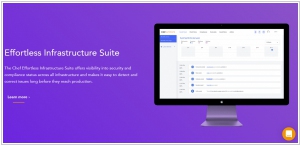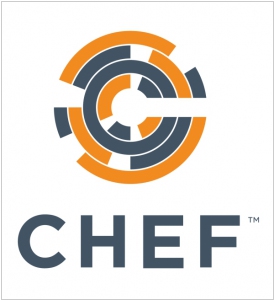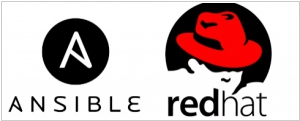Infrastructure Automation platforms
Updated: July 30, 2023
Infrastructure Automation platforms are powerful tools that enable organizations to automate the deployment, configuration, and management of their IT infrastructure. These platforms use code-based scripts and configuration files to define infrastructure as code (IaC), allowing for repeatable, consistent, and scalable infrastructure deployments. Infrastructure Automation platforms support various cloud providers and on-premises environments, offering flexibility and portability in managing infrastructure resources. By automating tasks such as server provisioning, application deployment, and network configuration, these platforms reduce manual errors, enhance operational efficiency, and enable faster time-to-market for software applications. Moreover, Infrastructure Automation platforms promote collaboration between development and operations teams, fostering a DevOps culture that encourages continuous integration and delivery. With Infrastructure Automation, organizations can achieve greater agility, resilience, and cost-effectiveness in managing their IT infrastructure, empowering them to meet the demands of modern business and technology landscapes.
See also: Top 10 IT Service Desk software
See also: Top 10 IT Service Desk software
2020. Progress snags software automation platform Chef for $220M

Progress, a developer tool company based in the Boston area, has completed the acquisition of the software automation platform Chef for a sum of $220 million. Chef, which transitioned to being 100% open source, provides comprehensive insights into security and compliance status across various infrastructures, enabling early detection and resolution of issues well before they impact production. Chef boasts an impressive roster of customers, including renowned tech giants such as Facebook, IBM, and SAP, as well as non-tech companies like Nordstrom, Alaska Airlines, and Capital One. Founded in 2008, Chef had previously raised $105 million in funding.
2015. Infrastructure Automation platform Chef beefs up compliance and security

The software and infrastructure configuration company, Chef, has recently acquired VulcanoSec, a German compliance and security firm. Chef has seamlessly integrated VulcanoSec's technology into its own offerings, enabling companies to automate and streamline compliance testing. Consequently, Chef customers now have the ability to incorporate compliance testing and enforcement directly into their Chef workflows. Additionally, Chef is making Chef Delivery, a workflow automation tool announced in April, widely available. This tool facilitates the creation of an automated assembly line-like workflow, efficiently routing project components to the appropriate individuals within the organization, ensuring smooth collaboration and timely completion of tasks.
2015. Red Hat acquires IT automation startup Ansible

Red Hat, the renowned open-source company, has announced its acquisition of Ansible, a leading provider of IT automation solutions. Ansible specializes in assisting businesses in building and managing hybrid IT deployments, encompassing both cloud and on-premise solutions. While the exact price of the acquisition remains undisclosed, it has been rumored to be valued at over $100-150 million. Ansible has gained recognition for its expertise in OpenStack clouds and recently collaborated with industry giants such as Cisco, HP, CSC, and RackSpace. With this acquisition, Red Hat is reinforcing its commitment to expanding its presence in OpenStack and furthering its ambitions in hybrid cloud management, OpenStack technologies, and containers.

